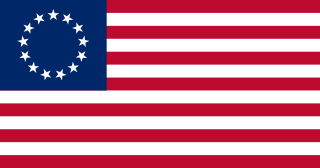
“Regulations Lately Made Concerning the Colonies”
The lead-in was the title for a 1765 British Empire executive order concerning the colonies; this would have pertained to all colonies, not just the North American ones.
The regulations stated: “All British subjects … are virtually represented in Parliament; for every member of Parliament sits in the House, but as one of that august Assembly by which all the Commons of England are represented.”
So Virginians with names beginning with George, Thomas and James, for example, should give thanks that they were virtually represented in Parliament by a British commoner (which defines them as colonial commoners). There was no need for someone from Virginia, or any other colony, according to the Crown, to actually be in Parliament; the point being that Washington, Jefferson and Madison were being “virtually represented” by other commoners in England.
The 1765 regulations continued: “The colonies and all British subjects whatever, have an equal share in the general representation of the Commons of Great Britain, and are bound by the consent of the majority of that House, whether their own particular representatives consented to or opposed the measures there taken, or whether they had or had not particular representatives there.” (Italics added.)
One can see the political seeds of No Taxation Without Representation in the last part of that regulation – “whether they had or had not particular representatives there” – and the seeds of rebellion as well.
Virtual representation was Crown representation.
*Next Up: Wednesday 28 June and a 2020: Putin Knows. For further reading see Section 3 of Chapter 1, “Revolution – a sovereignty of the people,” in Article the first of the Bill of Rights (2006).
Posted by Bryan W. Brickner
 RSS Feed
RSS Feed
